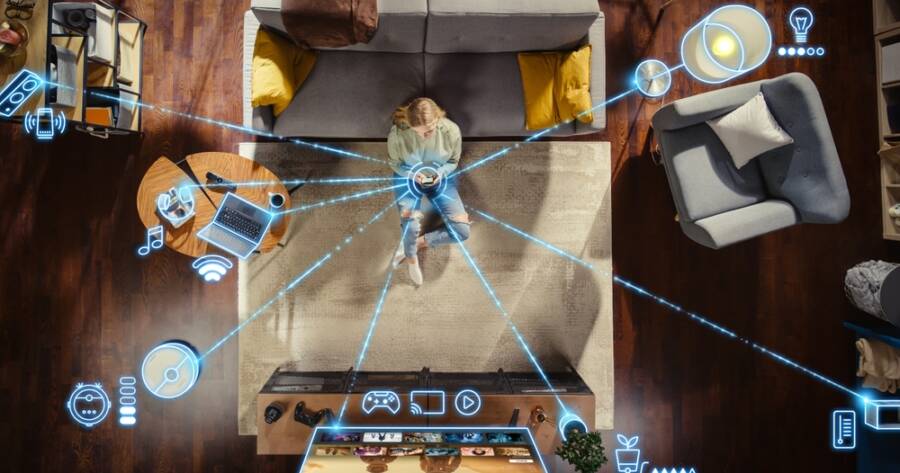In today’s rapidly evolving world, smart home innovations are becoming an integral part of modern living. These technologies promise to enhance convenience, security, and efficiency within our homes. By integrating smart devices into various aspects of your living space, you may transform your home into a more responsive environment. From managing energy consumption to enhancing comfort, these innovations are potentially reshaping how we interact with our living spaces.
The Evolution of Smart Home Technology
Smart home technology has seen remarkable advancements in recent years, with an increasing array of devices designed to facilitate intelligent living. Historically, home automation was limited to high-end installations, but as technology has progressed, more affordable and accessible options have emerged.
From voice-activated assistants to automated lighting, these innovations could cater to a diverse range of needs and preferences. The development of interconnected systems allows homeowners to streamline daily routines and potentially enhance their quality of life.
Enhancing Security with Smart Devices
Security is a top priority for many homeowners, and smart technology might offer promising solutions. With the integration of smart locks, cameras, and alarm systems, homes could gain an additional layer of protection.
Smart locks allow for remote access and monitoring, while security cameras provide real-time alerts and video feeds. Though not foolproof, these innovations may contribute to an increased sense of security, allowing users to keep an eye on their homes from anywhere in the world.
Energy Efficiency and Cost Savings
Reducing energy consumption is a significant benefit that smart home technology may provide. Smart thermostats, for example, can learn your preferences over time, adjusting automatically to maintain optimal temperatures while conserving energy.
By intelligently controlling heating and cooling systems, smart devices could potentially lead to significant savings on energy bills. Additionally, smart lighting systems can turn off lights in unoccupied rooms or adjust brightness based on natural light, further contributing to energy efficiency.
Convenience and Comfort Through Automation
Smart home innovations are designed to enhance the convenience and comfort of everyday living. Voice-controlled devices, such as smart speakers, enable hands-free operation of other smart devices, from adjusting thermostats to switching off lights.
Automated routines can be set up to perform tasks like brewing coffee in the morning or playing relaxing music in the evening. Such features might simplify daily routines and add a level of personalization to living spaces.
Health and Wellness Monitoring
The potential of smart technology to contribute to health and wellness is another intriguing aspect. Smart home devices can integrate with health monitoring systems, tracking activity levels, sleep patterns, and even air quality.
While these devices provide insights that users might find beneficial, consulting with healthcare professionals remains essential for interpreting data and making health-related decisions. As smart technology continues to develop, its role in supporting health and wellness could expand.
Challenges and Considerations
Despite the potential benefits, integrating smart home technology comes with its own set of challenges and considerations. Privacy and security concerns are paramount, as connected devices can be vulnerable to hacking and data breaches. It’s crucial for users to stay informed about security features and regularly update their devices.
Compatibility is another consideration; ensuring that different systems and devices work seamlessly together can pose a challenge. Users should carefully evaluate their specific needs and conduct thorough research before investing in smart home technology.
The Future of Smart Homes
The future of smart homes seems promising, with ongoing advancements aiming to create more intuitive and interactive living environments. Artificial intelligence and machine learning are set to play significant roles, potentially making smart homes even more responsive to homeowner needs.
While the full extent of future innovations is uncertain, the continued evolution of smart home technology could lead to an even more interconnected and convenient living experience.
Learn More Today!
Smart home innovations have the potential to transform the way we live, offering the possibility of enhanced security, energy efficiency, and convenience. By thoughtfully integrating these technologies into our living spaces, we may create homes that are not only more responsive but also aligned with modern-day demands and lifestyles. As technology continues to advance, the scope and impact of smart home innovations could redefine the concept of home itself, making it an exciting area to watch in the coming years.

